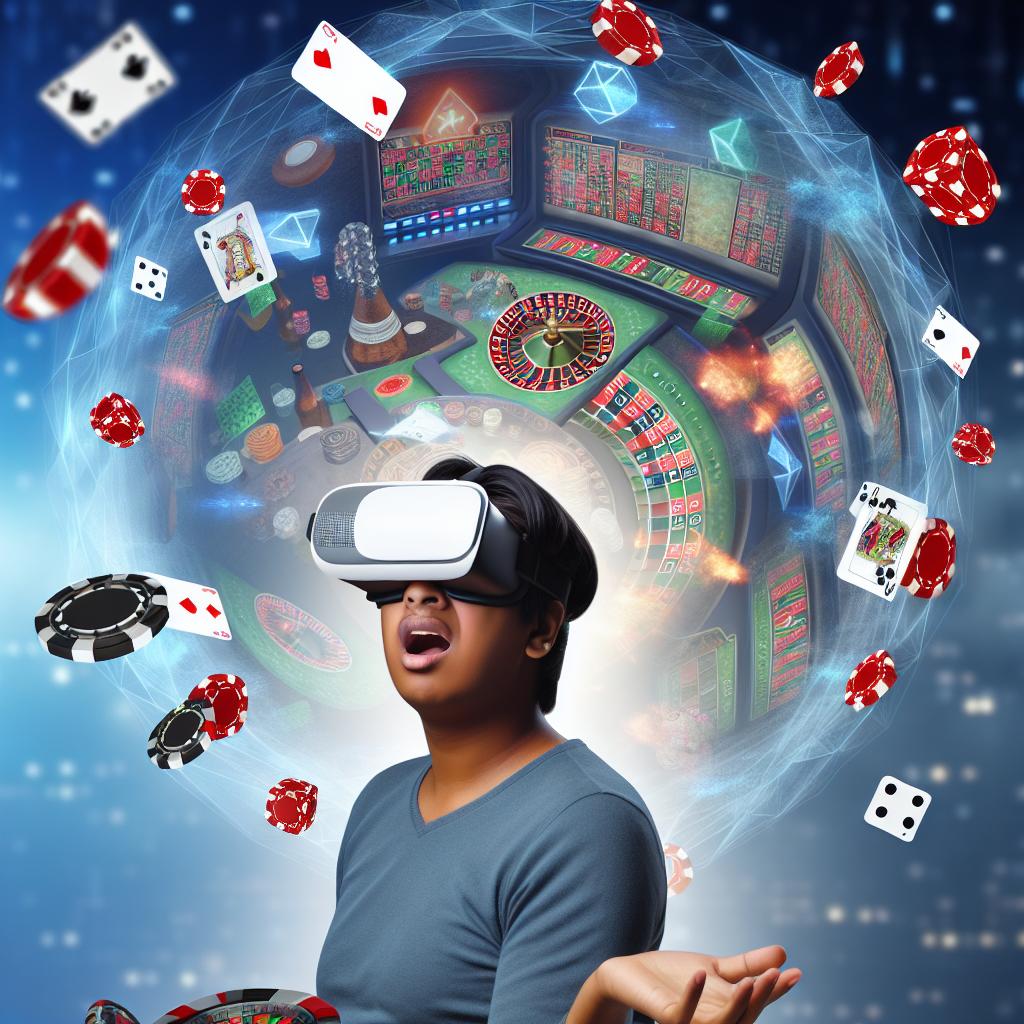Understanding Virtual Reality (VR) Technology
Virtual reality (VR) represents a substantial technological advancement that allows users to immerse themselves in digitally created environments. By employing specialized headsets and controllers, individuals can interact with these environments in a manner that closely emulates real-life interactions. This sophisticated technology has witnessed rapid development and boasts applications in a myriad of domains, including but not limited to gaming, education, and healthcare.
The Popularity of VR in Gaming
In the realm of gaming, VR technology has paved the way for unparalleled experiences, where the allure of more immersive gameplay has captured the interests of both developers and players alike. With VR, gamers can achieve an unprecedented level of interaction and presence that enhances engagement significantly more than traditional gaming platforms. This immersive approach offers a dynamic mode of play that continues to redefine the boundaries of the gaming experience, enriching the player’s journey in extraordinary ways.
VR’s Potential Impact on Problem Gaming
Despite the promising prospects VR endows upon gaming experiences, it concurrently raises valid concerns regarding the potential emergence of problem gaming. Problem gaming, colloquially known as gaming addiction, is characterized by excessive gaming behavior, intruding upon daily life and responsibilities.
Immersive Experience and Extended Playtime
Central to VR’s influence on problem gaming is its distinctly immersive nature. The enhanced realism of VR can make gaming experiences compellingly vivid and interactive, making disengagement a formidable challenge. Consequently, users could succumb to extended play sessions, where the line separating the virtual from the real becomes nebulous, possibly fostering prolonged engagement with gaming activities.
Psychological Effects of VR Gaming
VR gaming can also invoke profound psychological effects that could escalate problem gaming tendencies. The intense sensory feedback intrinsic to VR can provoke heightened emotional responses, potentially causing individuals to lose track of both time and reality. Such immersive escapism can become an enticing haven for those grappling with real-world challenges, perhaps leading to an overshadowing of responsibilities.
Managing VR and Problem Gaming Risks
Addressing the potential impact of VR on problem gaming requires an array of strategies. It is imperative for both developers and users to acknowledge these risks and to embrace proactive measures in mitigating them.
Developers’ Role in Designing Balanced Experiences
Game developers are in a pivotal position to implement features that mitigate risks associated with problem gaming. Designing games that incorporate clear natural stopping points, setting time reminders, and encouraging breaks are effective practices that developers might adopt. Moreover, it is crucial for developers to assess the psychological impacts of their games throughout the development phase to foresee possible excessive use outcomes.
Encouraging Responsible VR Usage
End-users, or gamers, too, have a role in fostering responsible gaming habits. Implementing specific time restrictions for gaming sessions, scheduling regular breaks, and maintaining awareness of time spent within the VR realm are simple yet effective steps to mitigate deep absorption into virtual universes. Additionally, those in the users’ close circles, such as family and friends, can be instrumental by fostering supportive environments and facilitating open discussions regarding VR’s influence on well-being and how to maintain a balance between virtual experiences and tangible responsibilities.
Future Research and Developments
Continuous research is paramount to unravel the long-term effects of VR on various facets of human behavior, inclusive of the potential for problem gaming. Insights gleaned from such research could direct future VR game development and the establishment of user guidelines. Collaboration among psychologists, developers, and users will be instrumental in crafting an enjoyable yet healthy gaming experience, ensuring that VR continues to remain a source of innovation rather than concern.
For those interested in further exploring the intricate relationship between VR usage and problem gaming tendencies, additional information can be found in [this article](https://www.psychologytoday.com/us/blog/game-thoughts/202110/the-impact-of-vr-on-gaming-addiction).

